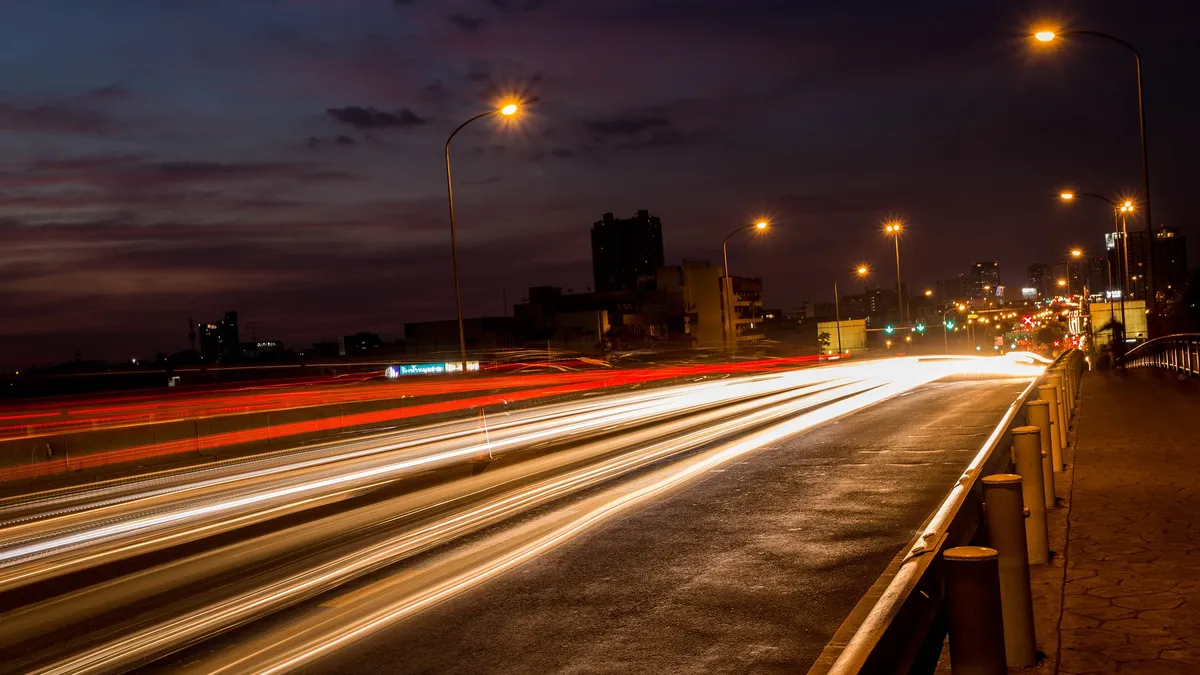Dive Brief:
- The Nevada Division of Environmental Protection (NDEP) on June 22 announced it would launch a rulemaking process to consider adopting stricter light duty vehicle emission standards and requiring automakers to sell greater numbers of electric vehicles (EV) within the state.
- Nevada would join 14 other states that have adopted, in whole or in part, stricter standards pioneered by California. The federal government in 2019 withdrew the waivers that allowed states to adopt California's standards, however, leaving the so-called Clean Cars program in limbo while the courts consider issues of jurisdiction.
- While the future of vehicle emissions standards is up in the air, additional states are taking a look at the Clean Cars program. Minnesota, New Mexico and Washington are all considering stricter standards, and Travis Madsen, transportation program director for the Southwest Energy Efficiency Project, told Utility Dive that more will likely follow.
Dive Insight:
Nevada is the latest state to indicate it will join California in enacting new vehicle emissions standards and a Zero Emission Vehicle (ZEV) mandate, even as the Trump administration has taken steps to loosen federal fuel efficiency standards.
"Transportation is the number one source of greenhouse gases in Nevada, and therefore a top priority for addressing climate change statewide," Bradley Crowell, director of the Nevada Department of Conservation and Natural Resources, said in a statement. "We must reduce pollution from the cars and trucks we drive as well as modernize our urban planning efforts through transit-oriented development and electrification of our transportation infrastructure."
Nevada has set goals of reducing statewide greenhouse gas emissions 28% by 2025 and 45% by 2030 as compared to 2005 emissions.
If Nevada adopts the new standards, vehicles sold starting from the 2025 model year would have stronger emissions standards than most states, and manufacturers would offer a greater variety of low- and zero-emission vehicles.
According to the Natural Resources Defense Council, if the standards are adopted in Nevada, 6% to 9% of vehicles delivered to the state in 2025 will be plug-in vehicles.
Nevada will still need to work out how the new standards will be enforced, according to Madsen, including a possible "credit bank" to help automakers reach the stricter emissions targets. Colorado last year adopted a ZEV mandate, and the debate over the size of the credit bank was one of the main issues between the state and automakers.
"One of the key issues will be figuring out where exactly the auto industry will have to start with their compliance," said Madsen.
The Alliance for Automotive Innovation, which represents automakers, did not respond to requests for comment. The group was formed in January by combining Global Automakers and The Alliance of Automobile Manufacturers.
The U.S. Environmental Protection Agency's decision to rescind waivers for states to set their own vehicle emissions standards has complicated the issue.
EPA along with the National Highway Traffic Safety Administration (NHTSA) in March finalized phase two of the Safer Affordable Fuel-Efficient (SAFE) Vehicles rule, which loosened vehicle emission standards set by the Obama Administration. Phase one, issued last fall, revoked states' authority to issue their own waivers.
The EPA did not respond to requests for comment on Nevada's move to join the Clean Cars program.
A coalition of environmental groups has sued the EPA over the decision to rescind state emissions standard waivers. Sierra Club's chief climate counsel, Joanne Spalding, said they are confident their lawsuit will be successful. Briefs in the case are due Friday at the D.C. Circuit Court of Appeals, Spalding said.
"These are typical of other Trump administration rollbacks," Spalding told Utility Dive. "It is really shoddy and their technical analysis is full of holes. It ignores critical case law and the intent of Congress. ... We're pretty confident that ultimately we will prevail in reversing those decisions."
There is also the possibility that the upcoming presidential election will play a role.
"In the event there is a different administration as litigation proceeds, it's quite possible EPA and NHTSA could change course" and drop their defense of the SAFE rule, said Spalding.
"The election this fall is one of the key moments that will determine what happens," said Madsen. "If the administration were to shift to new leadership, I would expect the federal government would stop defending their rule change."
NDEP says it is planning several Clean Cars outreach events between August 2020 and March 2021, with additional formal opportunities for input later in 2021. Proposed regulatory language to adopt stricter tailpipe standards and the ZEV mandate has been submitted to the Nevada Legislative Counsel Bureau.















